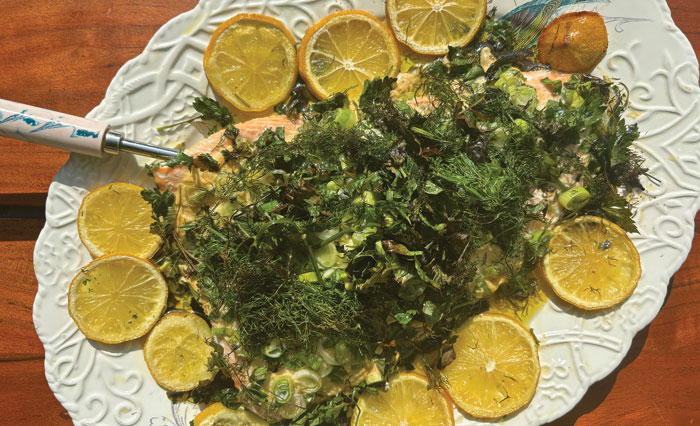There was a bit of discussion about just what I heard Rabbi Sharon Brous say during her Yom Kippur sermon at IKAR. Well, thanks to Esther Kustanowitz, I found a complete copy of Brous’ sermon republished at the Huffington Post. Here is an excerpt that relays why I heard Brous say: God is good. People are not. But we can do good, we can fulfill God’s will on Earth.
The discussion in the comments section was over whether I heard Brous correctly and whether my understanding of what she said really was similar to what I have heard in churches my whole life. I’m sure that I was partially predisposed to hearing Brous from an evangelical perspective, but it also turns out she quoted from a Christian minister in this portion of her sermon.
Here goes:
So here’s what I—a person of faith, an Exodus Jew—say to Bill Maher: Guess what? The God you mock is not my God. My God does not tell people to blow up buildings, oppress women, or even build gas pipelines. My God tells us to treat all people with dignity and love. My God does not advocate for the war in Iraq, or any other brutal conflict that separates people from their loved ones and treats human beings like “collateral damage.” No, the God I love demands that we pursue every possible path toward peace. My God does not make children sick, but gives them and their parents comfort and strength as they struggle with illness. Belief in my God does not free human beings to defer responsibility, it demands of us that we take responsibility. As the great Rev. William Sloane Coffin:
“It’s clear to me… that almost every square inch of the Earth’s surface is soaked with the tears and blood of the innocent, [but] it is not God’s doing. It’s our doing. That’s human malpractice. Don’t chalk it up to God. Every time people… lift their eyes to heaven and say, ‘God, how could you let this happen?’ it’s well to remember that exactly at that moment God is asking exactly the same question of us: ‘How could you let this happen?’ So [we] have to take responsibility.”
That most of the terrible heartache in the world is perpetrated by people—and often people who cloak themselves in religion—is a great travesty and a bruise on our shared humanity. But that is no reason not to believe. It is, rather, a reason to challenge, to reinvent. To search deeply within our traditions for the ikar, the sacred essence that is truly at the heart of our faith that compels us to engage one another not with condescension and brutality, but with respect and compassion.
My God is an Exodus God, devastated by the prevalence of hopelessness and despair, because this God is responsible for planting the message of the possibility of redemption into the human psyche. My God calls upon human beings to witness the pain of the afflicted, to agonize over the plight of the poor, to fight for the dignity of all human beings. My God insists that we give a damn—that we wake up to the suffering of the widow, the orphan and the stranger, that we recognize that the bond of human connectedness extends beyond our own dalet amot—our own immediate family and circle of friends. My God demands that we recognize that the religious life is fundamentally incompatible with apathy and complacency, just as it is with cruelty and brutality.
Thoughts?






















 More news and opinions than at a Shabbat dinner, right in your inbox.
More news and opinions than at a Shabbat dinner, right in your inbox.